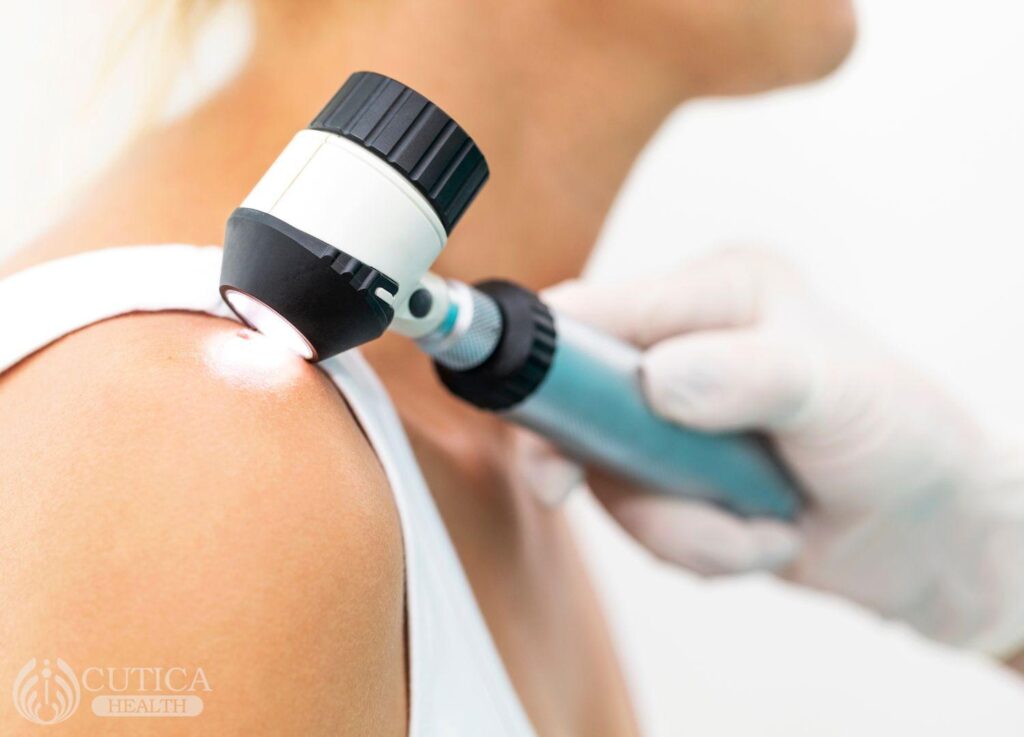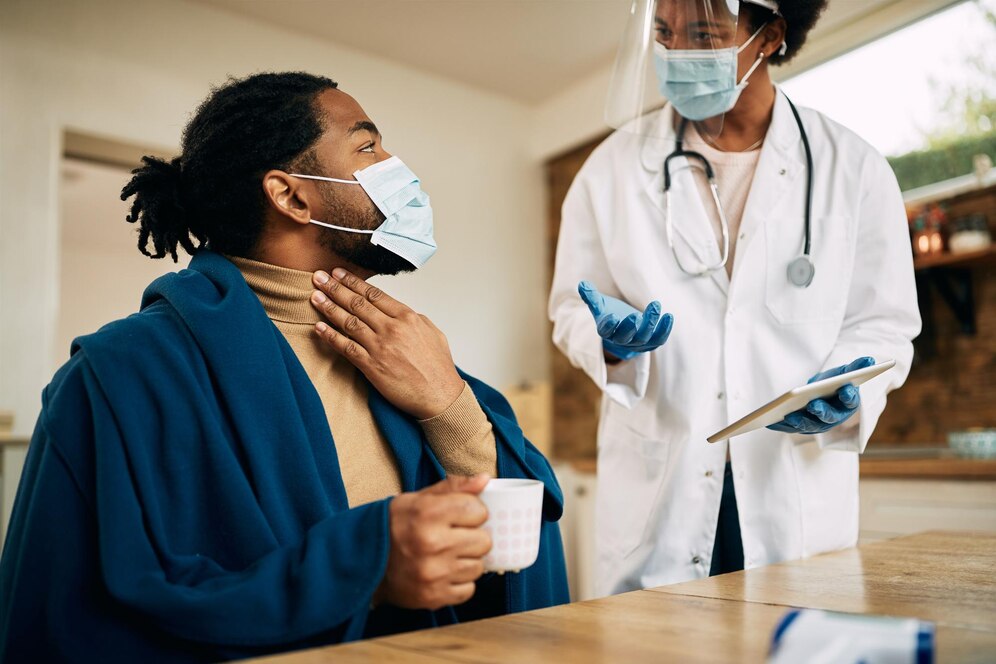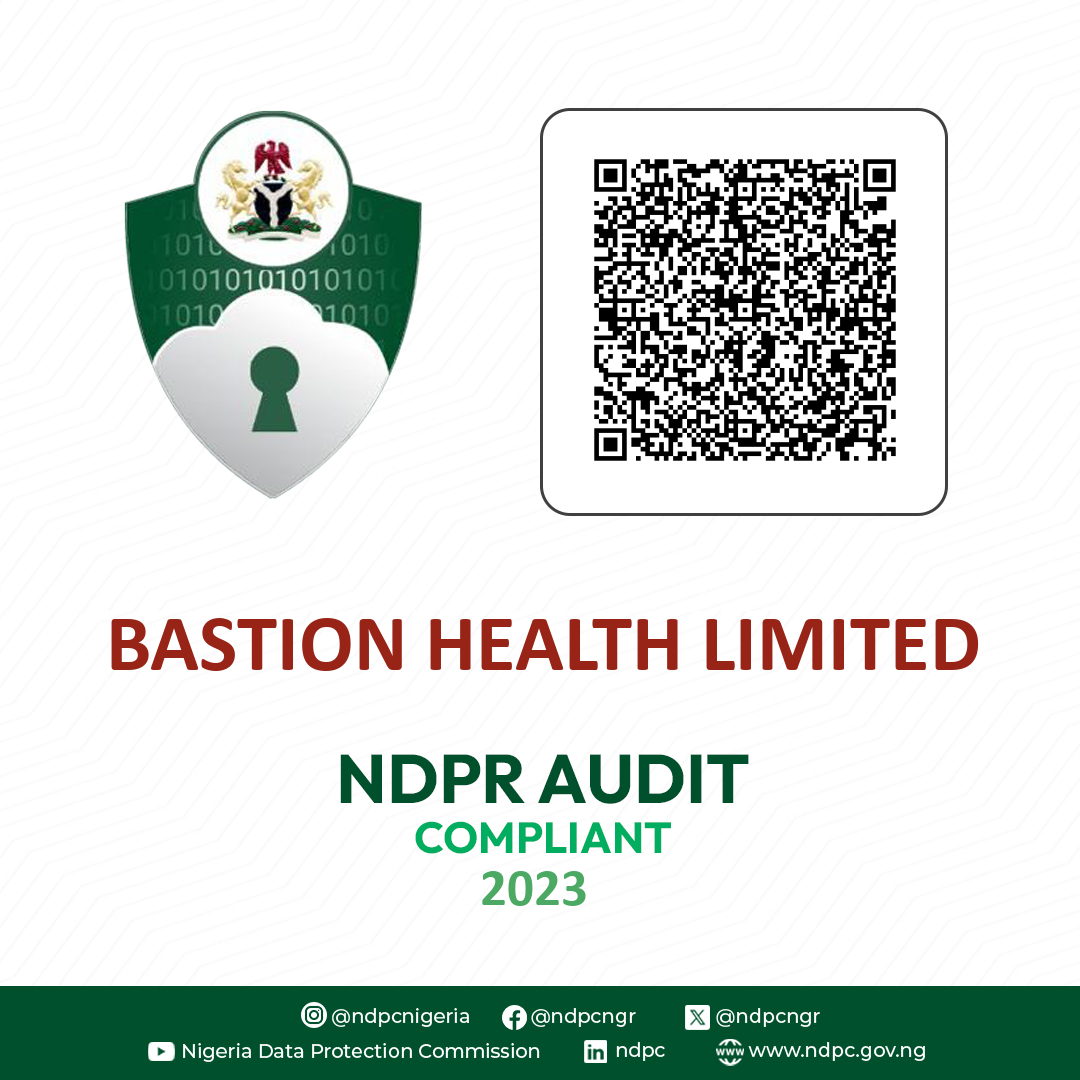Genital warts area type of sexually transmitted infection caused by Human Papilloma Virus (HPV). Infection with the virus causes small lumps and bumps in the genital area called warts.
There are different strains of HPV. While some cause genital warts, others have been identified as the cause of cervical cancer, anal cancer, and some mouth or throat cancer.
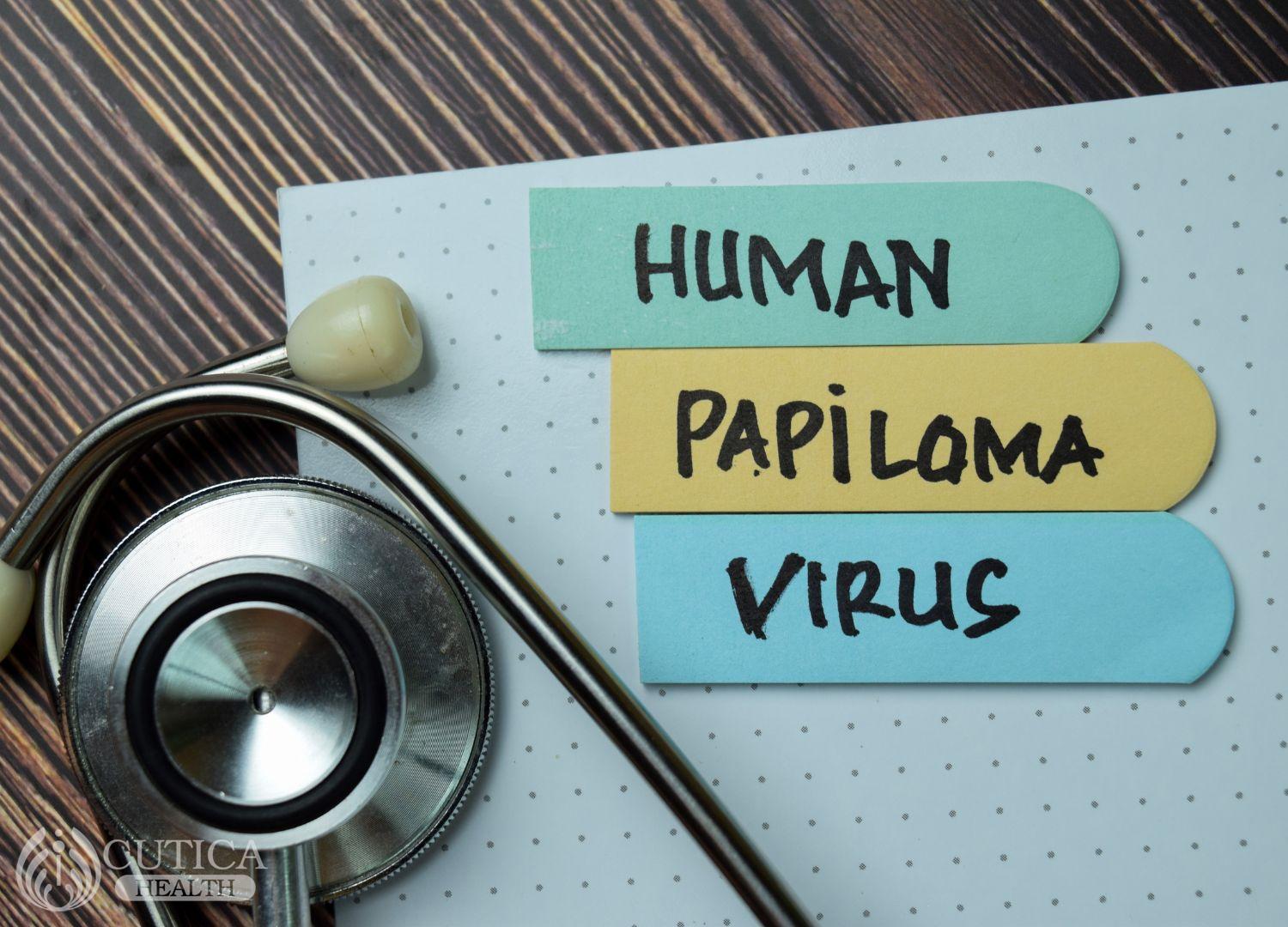
How Is It Transmitted?
These are the common modes of transmission of HPV:
- HPV is passed from one person to another through skin to skin contact during sex, including vaginal and anal sex. In a small number of people, infection can occur during oral sex.
- People can also contract the virus from sharing sex toys.
- Genital warts cannot be transmitted through kissing or sharing items like towels, toilets, cups, etc.
It should be noted that not everyone may present with symptoms and many people who are carriers of this virus pass it on without ever knowing they were infected in the first place.
What Are The Risk Factors for Genital Warts?
- Unprotected sex
- Multiple sexual partners
- Casual sex and ignorance of sexual history of sex partner.
- Sexual activity at an early age.
- History of another sexually transmitted disease.
- Low immunity such as due to certain drugs, diseases, or organ transplant.

How Does It Present?
- The commonest presentation is warts. These are small, skin-coloured lumps in the genital area. Sometimes, it could look like a cauliflower when the lumps lie close together.
- Warts can be found on the walls of the vagina, on the vulva, anus, tip or body of the penis, scrotum.
- In people who practice oral sex, the infection may cause growth of warts in the mouth or throat.
Other symptoms may include:
- Itching or general discomfort in genital area.
- Bleeding during intercourse.
How Is It Diagnosed?
Healthcare providers can diagnose this condition by its characteristic appearance on just looking at it. A sample of the growth may also be taken for laboratory investigations.
- A pap smear test can also be done. Here, your cervix is examined and samples of cells in the cervix are taken to test for the HPV strains that cause cancer.
- It is advised that women who are sexually active go for regular pap smears per guidelines set by local health authorities.
Prevention and Treatment Options
Vaccination against HPV is now available; check with your local health authorities for availability and eligibility.
Treatment options for genital warts include:
- A cream or liquid that burns and clears off the warts. Your doctor or nurse may need to apply this for you, as it causes irritation and discomfort if applied on normal skin.
- You may need surgery, which may include laser therapy, to burn off the bumps.
- Your doctor could also perform a procedure to freeze the bumps, in turn killing them.
- You may also need medicines to relieve any discomfort, including itch and pain in the genital area.
- Do not attempt to treat warts by yourself at home as most of the over the counter medications have been found to be ineffective.
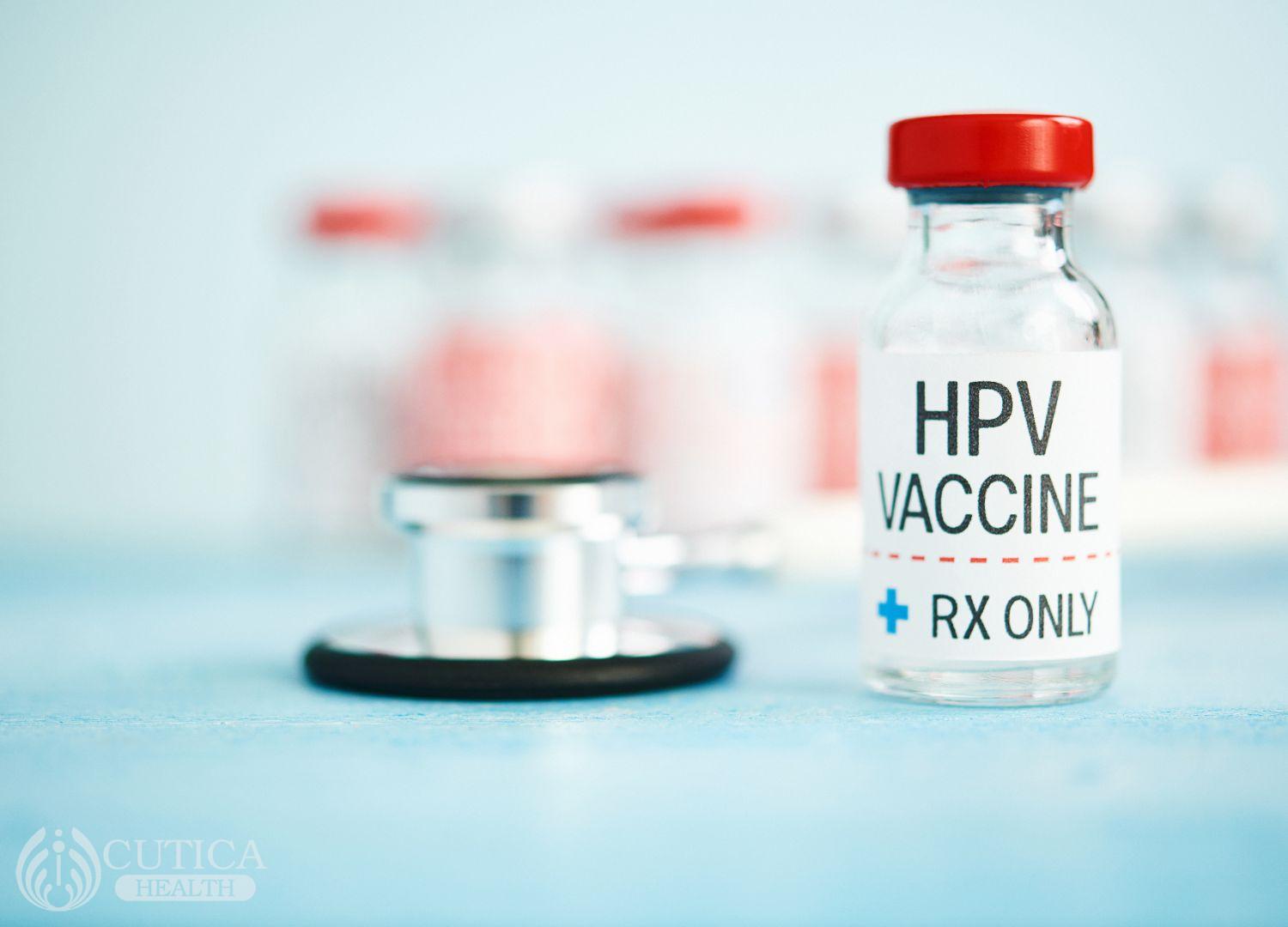
Surgical options are explored in cases where the warts are too large, does not respond to treatment, or if it occurs in pregnancy and is a risk to the baby.
What Are Other Possible Complications?
- In pregnancy, sometimes, the warts enlarge and prevent stretching of the vaginal tissues during delivery. Stretching of these warts during childbirth may cause them to bleed.
- In rare cases, warts may obstruct urination.
- Also rarely, a baby may get infected with HPV as they descend through the birth canal during delivery. This may lead to the development of warts in the throat.
Summary
Genital warts are a common sexually transmitted disease and carriers may not always show symptoms. Reduce risk of transmission by practicing safe sex, getting screened, and receiving the HPV vaccine.




